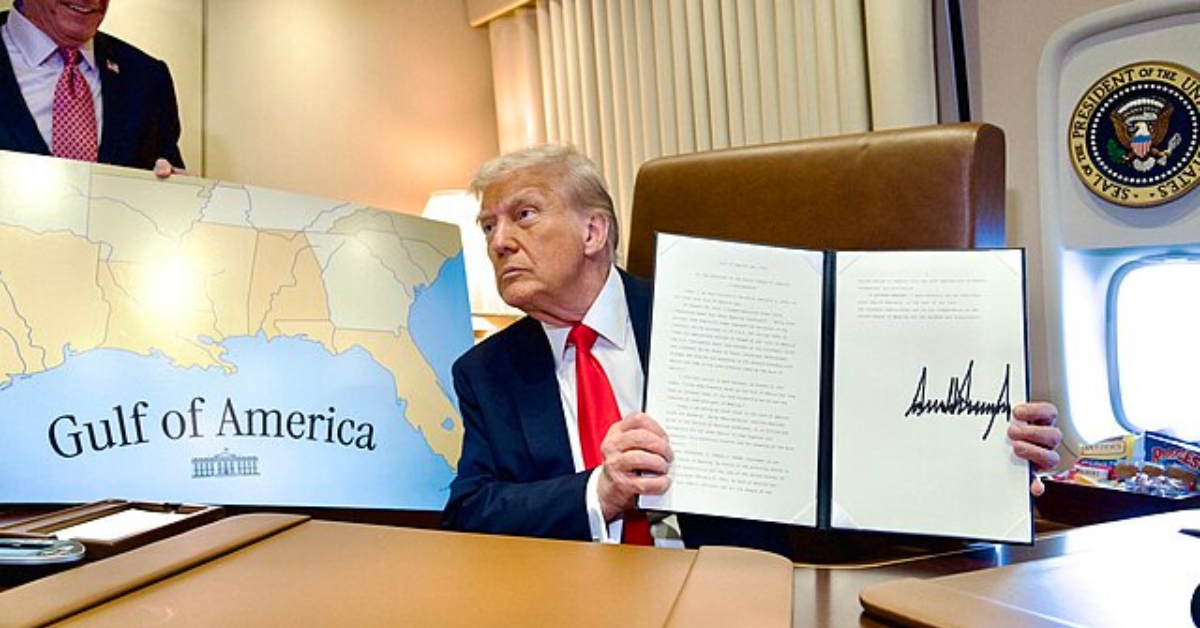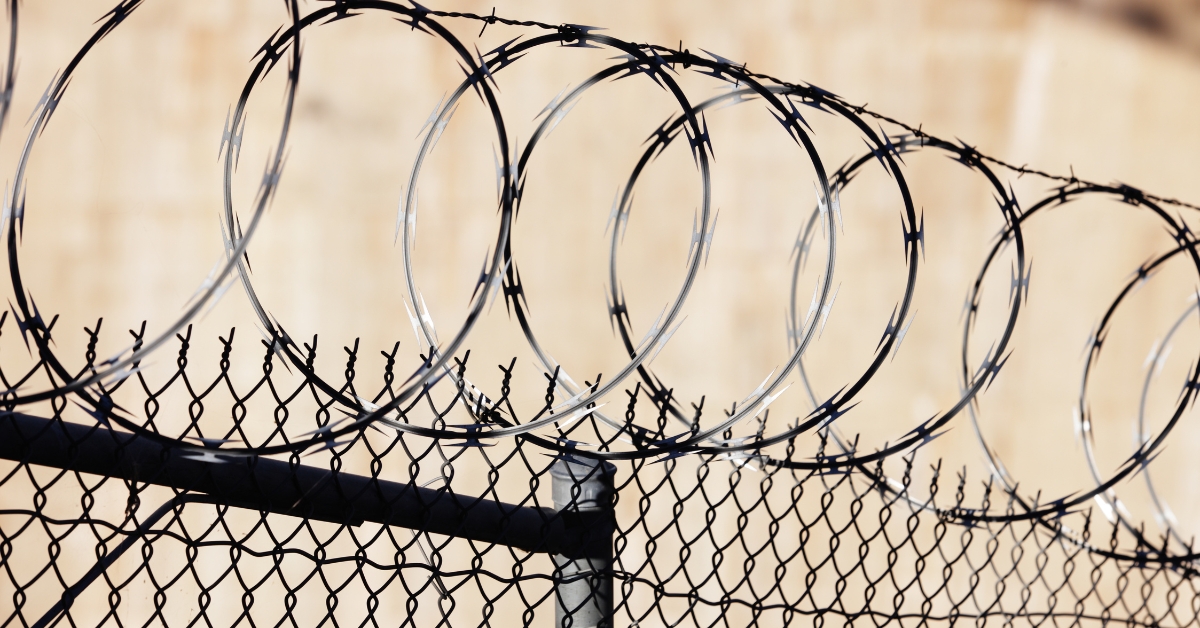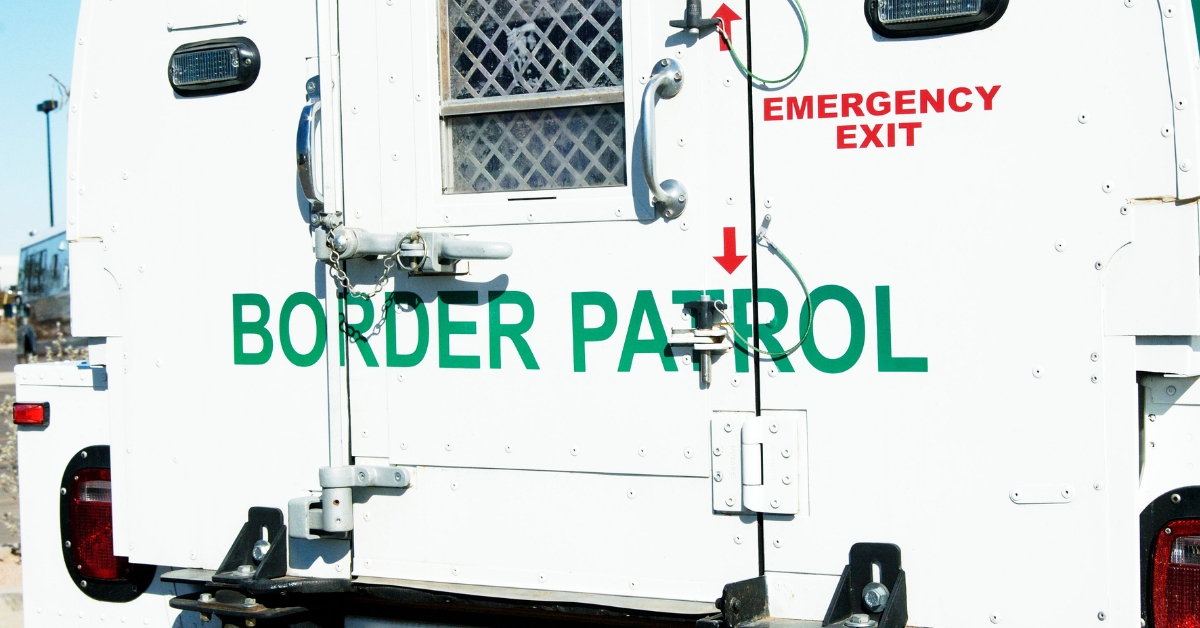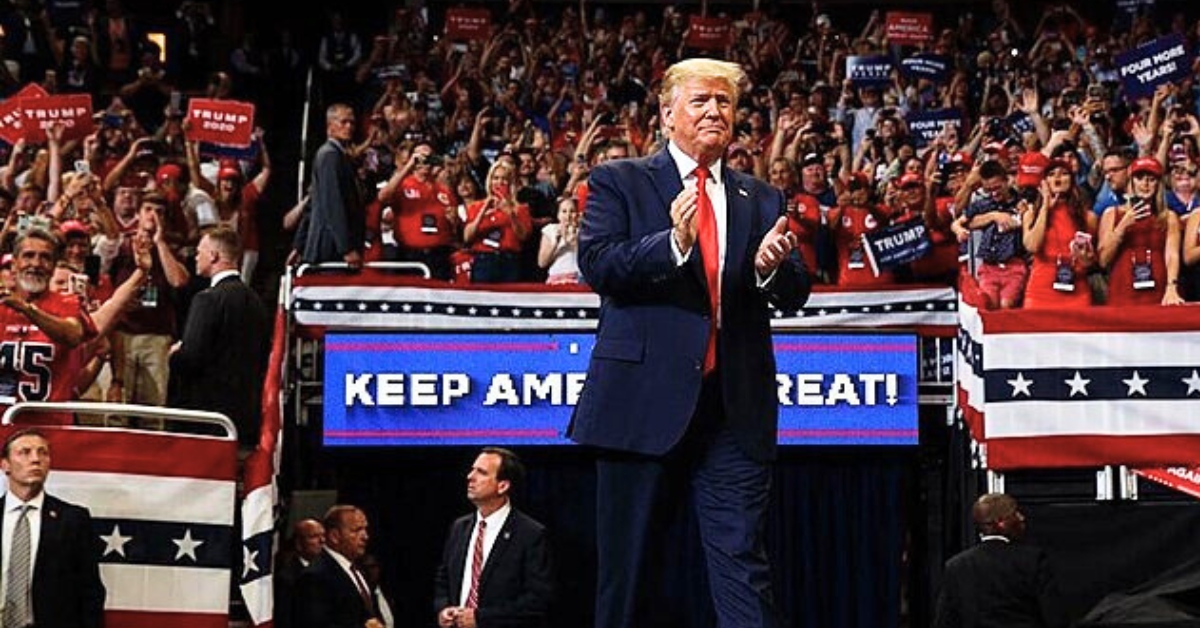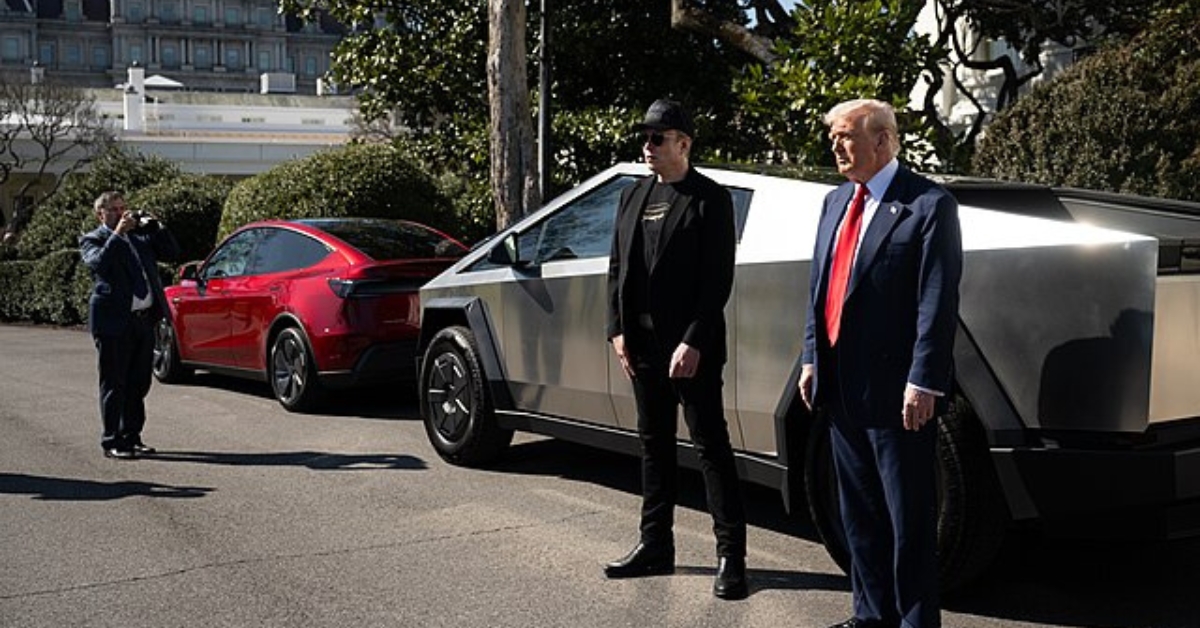
Prosecutors Request Indefinite Delay in Trump Assassination Case
In a startling twist to an already complex legal saga, federal prosecutors have called for an indefinite delay in the trial of Ryan Routh, the man charged with attempting to assassinate former President Donald Trump. This request, rooted in the emergence of a “massive trove of evidence,” underscores the deepening intricacies of a case that could reveal unsettling layers of motivation.
The extent of the evidence compiled is staggering: hundreds of witness interviews, 13 search warrants, and multiple electronic devices seized across states from Florida to Hawaii and North Carolina. The sheer volume of digital data alone—some 4,000 terabytes—hints at the possibility of uncovering more than just the mechanics of a thwarted assassination attempt. With this mountain of data, one has to wonder what depths of planning and coordination might be unearthed, and crucially, how much of this will actually be revealed to the public.
Prosecutors are not merely wading through an abundance of evidence; they are preparing for an exhaustive analysis involving advanced forensic tests, including ballistics, fingerprint, and DNA comparisons. This meticulous scrutiny is necessary to piece together Routh’s actions and intentions, which could potentially expose broader conspiratorial threads linked to the assassination attempt.
The Investigation into Ryan Routh May Peel Back Unsettling Layers to the Case
The complexity of the case is reflected in the ongoing FBI investigations and the anticipated need to prepare several expert witnesses to testify. These preparations indicate the government’s determination to thoroughly understand and present the context and severity of Routh’s alleged actions, which took place under alarmingly calculated circumstances. Routh’s calculated maneuver, as he allegedly lay in wait for 12 hours at the Trump International Golf Course, ready to strike at a moment’s opportunity, reveals not just a chilling degree of premeditation but also the disturbing possibility of coordination with others.
This case’s unfolding comes in the shadow of a prior assassination attempt on Trump just two months earlier, which resulted in injuries and a fatality, further intensifying the security concerns surrounding the former president. The back-to-back nature of these attempts raises questions about the motivations driving such extreme actions and whether these are isolated incidents or part of a larger, more complicated thread.
As the trial of Ryan Routh faces potential delays, the implications ripple outward, touching on issues of national security, the efficacy of protective measures for public figures, and the unsettling possibility of deeper conspiracies. While the thoroughness of federal prosecutors in building their case is crucial, it is equally imperative that Routh swiftly faces justice in court. The American people deserve quick and decisive action and that Routh is met with the full force of justice without undue procrastination.

